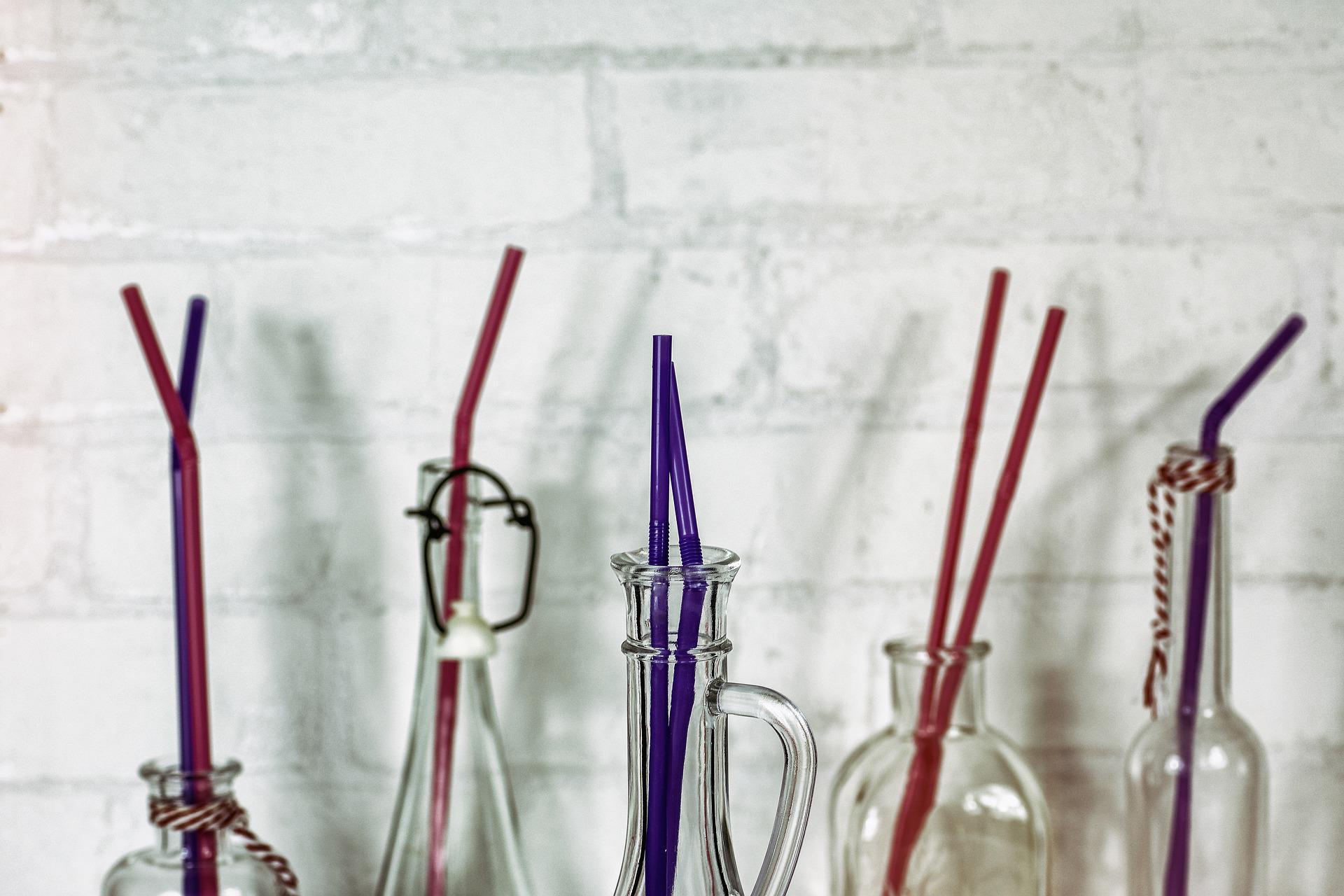The Central Pollution Control Board (CPCB), under the Ministry of Environment, Forest and Climate Change, on 18 June issued a list of measures to ban identified single-use plastic (SUP) items by 30 June 2022.
The plastic items to be banned from 1 July 2022 include earbuds with plastic sticks, plastic sticks for balloons, plastic flags, candy sticks, ice-cream sticks, polystyrene (thermocol) for decoration, plates, cups, glasses, cutlery such as forks, spoons, knives, straw, trays, wrapping or packing films around sweet boxes, invitation cards, and cigarette packets, plastic or PVC banners less than 100 microns and stirrers.
The CPCB’s Comprehensive Action Plan includes measures to reduce the supply of raw materials, demand-side measures to reduce plastic demand, enabling measures to promote alternatives to SUP, digital interventions for efficient monitoring and to create awareness, and guidance to State Pollution Control Boards (SPCBs) for effective implementation of directions.
To curb the supply of identified items, directions have been issued at the national, state and local level. Like, all leading petrochemical industries must not supply plastic raw materials to the industries engaged in banned SUP production, the ministry said.
Directions have also been issued to SPCB or Pollution Control Committees (PCCs) to modify or revoke consent to operate issued under Air/Water Act to industries engaged in banned SUP production. Customs authorities have been asked to stop the import of banned SUP items.
To complete the loop, local authorities have been being directed to issue fresh commercial licenses with the condition that SUP items shall not be sold on their premises and the existing commercial licenses shall be cancelled, if entities are found to be selling banned SUP items.
As an alternative to the existing supply, enabling measures for promoting alternatives to SUP are being actively pursued. CPCB has already issued one-time certificates to around 200 manufacturers of compostable plastic. The certificates do not require renewal. An online portal has also been developed to facilitate certification of these manufacturers.
SPCBs and local bodies are organising awareness drives with participation of all citizens, such as students, voluntary organisations, self-help groups, local NGOs/CSOs, RWAs, market associations, corporate entities and others to be part of the change.


























